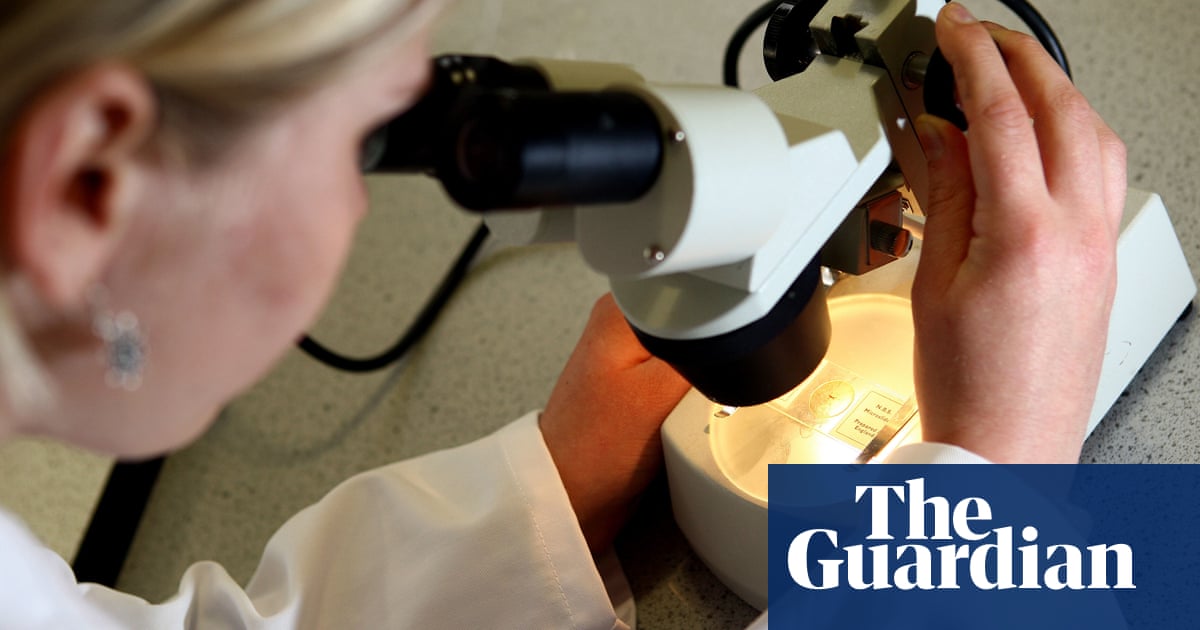Medical professionals are optimistic about the results of a preliminary test of stem cell treatment for Multiple Sclerosis.

Physicians are cautiously optimistic about a novel treatment for multiple sclerosis. They have discovered that injecting stem cells into the brains of patients is not only safe, but may also offer protection against further damage caused by the disease.
The initial, limited experiment was only capable of evaluating the potential for injecting cells directly into the brain to be well-received by patients. However, in follow-up exams conducted one year after the procedure, there were indications that the cells may have a prolonged positive effect.
According to Professor Stefano Pluchino from the University of Cambridge, it is unclear if this marks the start of an amazing journey or not, but the findings are highly robust and consistent.
Over 2 million individuals around the globe have been diagnosed with multiple sclerosis. Although current medications focus on the initial stage of the disease, known as relapsing remitting, approximately two-thirds of patients will eventually progress to the more severe and debilitating secondary stage within 30 years of diagnosis.
The condition arises when the body’s immune system mistakenly targets the myelin sheaths that safeguard nerve fibers, resulting in harm that hinders the transmission of electrical signals through the nervous system.
The initial human trial for this therapy involved injecting 5m to 24m neural stem cells into the brains of 15 patients with secondary progressive MS. These stem cells are believed to decrease the inflammation that causes the disease instead of repairing damaged tissues.
Several patients in the study had side effects, including one who developed a tremor and another who experienced steroid-induced psychosis. However, all of them were successfully treated and recovered.
Over the course of the next year, examinations on the patients showed that none had reported an exacerbation of symptoms or a decline in functioning, despite the fact that many were already reliant on wheelchairs before the research began and may not have shown any further deterioration regardless. Analysis of brain scans also indicated that those who had been administered higher dosages of stem cells had less brain shrinkage, potentially due to the anti-inflammatory effects of the stem cells.
The scientists were most fascinated by experiments conducted on the cerebrospinal fluid that surrounds the brain and spinal cord. These experiments showed that patients who received a higher number of stem cells had increased levels of carnitines, which are believed to safeguard neurons from harm. Pluchino expressed his excitement, stating, “I am not sure what it signifies, but it is extremely thrilling.” The findings have been published in Cell Stem Cell.
The scientists are eager to conduct a bigger experiment in order to verify if the injections are indeed altering the progression of the illness. One aspect they must eliminate as a potential factor is the impact of immunosuppressive medication taken by patients to prevent rejection of the stem cells.
According to Prof Paolo Muraro, a specialist in neuroimmunology at Imperial College London who was not part of the research, the study has established a standard for producing and monitoring the cell-based medication. However, there are still hurdles to overcome. One of them is expanding the therapy and making it accessible for extensive trials to determine its effectiveness. Muraro stated, “It is a lengthy process towards hope, but undoubtedly a worthwhile one.”
According to Caitlin Astbury from the MS Society, the recent study is groundbreaking and builds upon previous research funded by the charity. The study revealed that injecting specialized stem cells into the brain was both safe and well-tolerated by individuals with secondary progressive MS. Additionally, there is evidence that this treatment may even stabilize the progression of disability. The potential of this method to protect the brain from MS progression has been recognized for some time.
“This was a preliminary and limited study, and additional clinical trials are necessary to determine the potential effectiveness of this treatment for the condition. However, this marks a promising advancement in the treatment of MS for certain individuals.”
Source: theguardian.com


